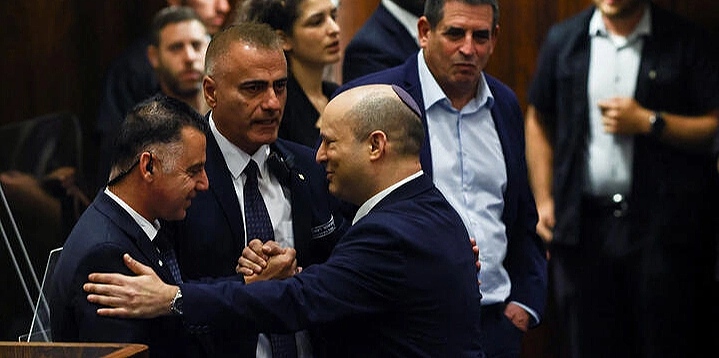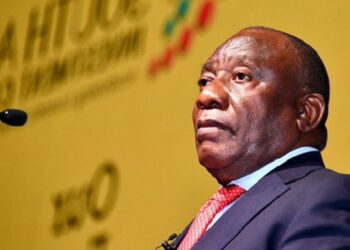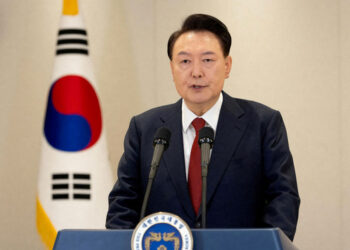By John Ikani
Israel’s parliament voted on Thursday to dissolve itself and send the country to the polls in November for the fifth time in less than four years.
The move brings a formal end to a political experiment in which eight parties from across the Israeli spectrum tried to find common ground after a period of prolonged gridlock in which the country held four elections in two years.
The dissolution comes just over a year after the government was formed in a historic move that saw longtime leader Benjamin Netanyahu ousted after 12 years in power by a coalition of ideologically diverse parties, the first to include an Arab faction.
Yair Lapid, Israel’s foreign minister and architect of the outgoing coalition government, will become the country’s caretaker prime minister just after midnight on Friday.
He will be the 14th person to hold that office, taking over from Naftali Bennett, Israel’s shortest serving prime minister.
After the dissolution Bill was passed with 92 votes in favour an none against, Lapid and Bennett immediately swapped seats in the parliament — the Knesset — and Lapid was embraced by members of his centrist Yesh Atid (There is a Future) party.
Bennett said late Wednesday that he will not stand in the upcoming election set for November 1, which will see veteran right-wing opposition leader Netanyahu attempt to reclaim power.
Netanyahu has promised that his alliance of right-wingers, ultra-nationalists and ultra-Orthodox Jewish parties will win the upcoming vote, but opinion polls show he may also struggle to rally a parliamentary majority.
Bennett will host Lapid for a handover ceremony later Thursday, the prime minister’s office said.
The outgoing premier will also hand the leadership of his religious nationalist Yamina party to his long-time political ally, Interior Minister Ayelet Shaked.
New elections will be held on November 1.




































